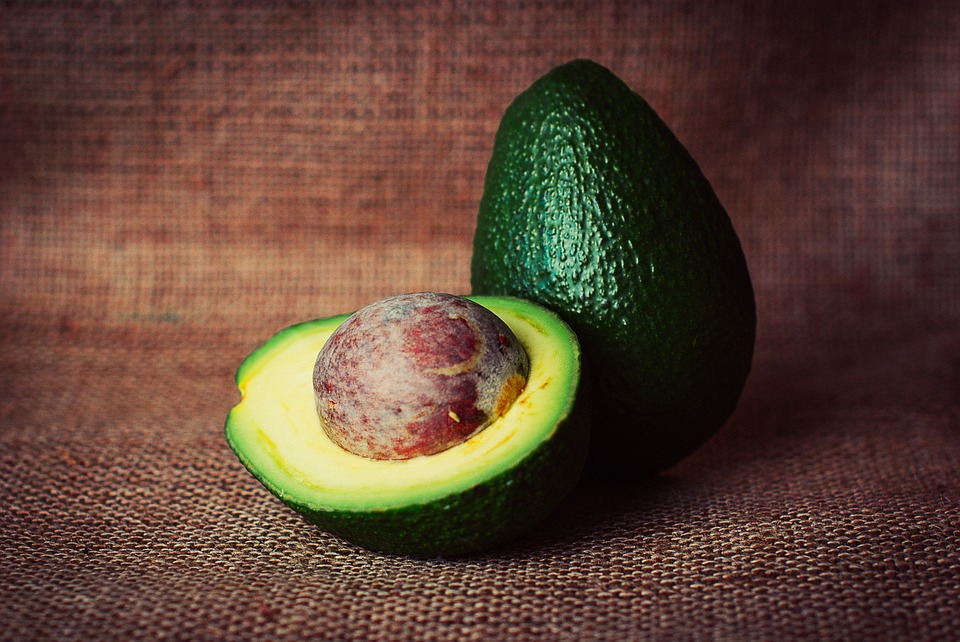
Manage weight and improve cognitive function with the keto diet
By Miranda Enno, October 13 2017 —
After witnessing the pitfalls of fad diets like juice cleanses and eating cabbage soup for every meal, many of us expect them all to be misguided or fail. Even the ‘eight-glasses-of-water-a-day’ superstition is long-debunked. Many popular diets recommend avoiding fat and demonize calorie-rich meals. However, a new perspective on fat is dominating the mainstream and challenging the entrenched low-fat mentality. It’s called the ketogenic — or ‘keto’ — diet and it’s a delight to avocado-lovers everywhere.
Unlike diets that focus on eliminating calories, the keto diet emphasizes training your body to rely on its fat stores to function optimally. This is based on your body’s digestive process — first, your digestive system breaks down carbohydrates in food into usable sugars, such as glucose. Next, glucose enters the bloodstream and is absorbed by our cells. Cells can then use the glucose to power themselves or store it as glycogen. These processes depend on the regular consumption of carbohydrates, such as grains and starches — something easily accomplished with typical North American diets.
However, when your body doesn’t consume enough carbs it manufactures energy from fat through a process called ketosis. This is where the keto diet gets it name. The diet is designed to keep the body in ketosis for long stretches of time, forcing it to burn through fat reserves to function. As counterintuitive as eating fat to lose fat might sound, this can result in rapid weight loss.
The keto diet involves cutting out most carbs and receiving 80–90 per cent of your calories from nutrient-dense fats. This is achieved by eating more eggs, nuts, oils, cheese and meats. Extreme versions of the keto diet involve consuming a maximum of 20 grams of carbs per day — equivalent to one piece of toast. A moderate amount of veggies is acceptable but must also be limited in order to enter and remain in ketosis.
Osteopathic physician Joseph Mercola recommends easing into keto by consuming more medium-chain triglycerides, which are found in foods like coconut oil and butter. These are saturated fatty acids that suppress appetite and enhance cognitive function. They aren’t as rough on your digestive system in the early stages of keto as heavier fats like peanut butter.
You can also start the diet by slowly increasing the portions of fats and protein on your plate and minimizing carb intake. Just be mindful of portion size, as foods rich in protein and fat are calorie-dense. Eyeballing it can be tricky and takes some practice but it is more realistic than tracking every calorie.
The keto diet also doesn’t just promote weight loss. It can also enhance brain function, stabilize blood sugar and sustain energy. However, this doesn’t mean that carbs are the new food villian. Sometimes, a hearty sandwich or handful of fries is just what you need to power through a heavy chunk of schoolwork or reward yourself after a tough workout.
